How can we wash our hair and ourselves plastic free, chemical free and still keep it lightweight, budget and travel-friendly and practical? In this post I share why this is important, what you can do and which chemical free shampoos I recommend.
When showering on a sailboat (if you’re lucky ![]() the soapy water drains straight to the sea. When showering anywhere, ingredients can sneak through filters straight to the sea. These are often man-made chemicals that don’t belong there. And what is the packaging usually made from?
the soapy water drains straight to the sea. When showering anywhere, ingredients can sneak through filters straight to the sea. These are often man-made chemicals that don’t belong there. And what is the packaging usually made from?
Shampoo and soap come with two big ocean challenges
- Most of the shampoo packaging is plastic which we now know, never disappears.
- Many shampoo ingredients are not reef safe because of added manmade chemical ingredients taking the ecosystem out of balance.
A quick rough calculation and I realize I’ve added around 360 bottles of just shampoo to the trash pile. That’s just me. And that’s only shampoo. Some shampoos are believed to reef safe (as far as the research goes), but still come in plastic. Some shampoos claim they are ‘eco’ ‘green’ ‘sustainable’, ‘organic’ but are they? The cosmetic industry is shockingly little regulated. Often they are not. It’s called greenwashing. With an ocean of information out there on the good, the bad, and the ugly on cosmetics, health, and the environment, it’s hard to find the good solutions on reef-safe soap and chemical free shampoo. The cosmetic industry is a multi-billion dollar industry, simple ocean-friendly chemical free shampoo and soap is not number #1 in Google (yet). I navigated through the storm of information on shampoo and its effect on the ocean to make it easier for you to choose a travel-friendly plastic & chemical free shampoo and soap for you and the ocean.
A few facts to help you understand the ocean challenge with soap and shampoo
- Approximately 400 million travel-sized bottles of shampoo and 210 million travel size bottles of conditioner are produced every year (1). I haven’t found numbers on ‘normal size’ shampoo. Given almost 8 Billion people on the planet, the number of shampoo bottles produced per year, is likely to be in the billions.
- Hundreds of billions of single-use plastic sachets are thrown ‘away’ globally every year. in India, shampoo sachet penetration is 95% by volume. (2)
- Conventional shampoos contain unregulated man-made chemicals that have been linked to everything from endocrine system disruption to neurological and immune system damage. The big five risky manmade chemicals in shampoo are Sodium Lauryl sulfate (SLS) Sodium Laureth sulfate (SLES) (for the funky foam), Parabens (for preservatives), Triclosan (Killing the bad AND good bacteria) and phthalates (for frangrance). (3) (4) (5) The list goes on (6) but these five have the most evidence of serious harm. SLS, in particular, has been shown to kill off certain types of microorganisms that fish eat and perhaps you too if you fish (7)
- We may ingest and absorb up to 2,5 kilos of chemicals per year (8). Imagine how many kilos are going via our waterways to the ocean. There’s more and more evidence that everyday chemicals pass through the treatment plants into waterways, into the ocean (9). If you’re a sailor, it all goes straight to the ocean.
Chemical Free Shampoo & Soap Considerations for Travelling
Minimize and Simplify
Do we really need separate products to wash our face, hair, body, hands (and even your clothes, dishes, and floor)? By having one solution that does it all you can save so much time, money, plastic, and luggage weight. Also, do we need to wash so often? Washing our hair and skin puts the natural Ph out of balance. Try washing less. Stay salty after a dive in the ocean. Wash with products with fewer ingredients. Wash with unprocessed natural things. Keep it simple and experience what happens. I now prefer to stay salty and non-soapy and I feel super clean.
DIY Shampoo and Soap
The cheap and simple DIY option: water + vinegar! Available almost everywhere. And to be used to clean almost everything. From the kitchen to your hair. It works really well. It’s useful to have a spray bottle, fill it with some water + vinegar and spray it on the salty hair after you get out. This helps to keep the ph in balance. Feeling creative? More advanced DIY options: shampoo from Soapnuts. DIY recipe Shampoo from SeaWeed or Dry Shampoo for those offshore sailing trips with small water tanks. And let me know your recipes in the comments!
Go Solid with a Shampoo Bar
What are shampoo bars? This is a concentrated block of solid shampoo. It’s a cheap, compact, light-weight, longer-lasting and more ocean-friendly option than water-based plastic bottled or sachets of liquid shampoo. Shampoo bars are perfect for travelling and often free of sulfates, silicones, and chemicals contrary to conventional shampoos. The next challenge is finding one made with sustainable practices and local ingredients. Choose one with ingredients from mother nature that you can pronounce, and free of sulfates, parabens, and palm oil (read why). The best I’ve found are the hand-made ones. I find them in little local shops and on markets. There are thousands out there on Etsy. See who’s being creative in your area. On Etsy, there are lots of DIY creatives out there making shampoo and soap bars just from a few natural ingredients. Raise the bar and try it out.
Scrub with Nature
Look what’s around you. What does nature provide? My favourite scrub: the beach! Coffee, baking soda, sea salt, sand, sugar, are other nature-friendly ways to scrub.
Multi-Purpose Natural Liquid Soap in Recycled Bottles
Are shampoo bars and DIY out of the comfort zone? Try natural multi-purpose soaps that come at least in 100% recycled packaging. If you live in the US, check out PlaineProducts that make natural and have a shampoo packaging recycling system.
Question, Research & Educate Yourself
Learn more about shampoo, soap, and the chemicals in your favourite products (some resources at the bottom of this post). Any brand can put “biodegradable” “Eco” but this is not always the case. Question biodegradable shampoo recommendations and do your own research. Not only for nature. What do these chemicals to to you? ‘Look for the zero’ to check if the product has microplastic in it or not. Try the alternatives. Support the brands working for positive change. So eventually the good stuff will be eye height on the shelves.
Selected Biodegradable Shampoo and Soap Recommendations
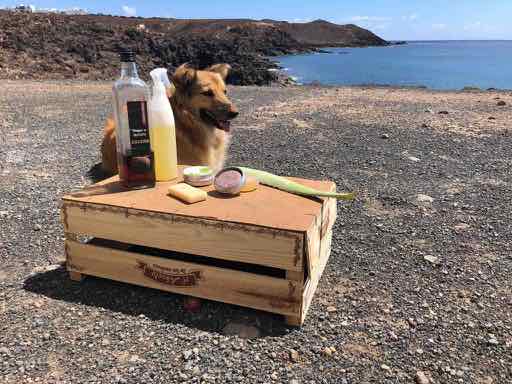
What’s available near you?
Before you order the number 1 ranked product on Amazon, do a little research on what is being made in the area you are at. At the local market, you may find locally made produce made from ingredients from the region. This saves shipping, money, time and your money goes straight back into the community. You make a big difference with your travels by spending local. Etsy is an online starting point to look for what is being made near you. Happycow is a good app to find those local eco stores and restaurants near you. 
Ethical Shampoos in the USA
Ethisch verantwoorde shampoo in Nederland
Ethical Shampoos in the UK
Ethical Shampoos in France
Environmental friendly shampoo in Spain
How eco-friendly are Lush shampoo and soap bars?
Lush is a popular shampoo and soap brand popping up in more and more city centers and blog websites. Lush produces soap and shampoo bars of which many claims to be environmentally safe. I have my questions marks by the extent of the ethical factor of Lush. It’s a huge company. Because of longer shelf lives they still put some called ‘ safe synthetics ‘ like sulfates, and parabens, which sometimes contain palm oil. Palm oil has many sneaky names. It is hidden in substances like sulfates and glycyril. They do score way higher on the ethical factor than other mainstream cosmetics so it’s a step in the right direction. But I rather though support the local smaller brands being fully natural and pure. Here’s an extensive review on the lush products. Informative read!
What about biodegradable dishing washing soap?
Similar to shampoos, look for dish washing soap with the shortest list of ingredients. The simpler, the safer. Common environmentally friendly soaps include water, baking soda, vinegar, lemon juice. Ingredients to avoid: phosphates (Learn why), diethanolamine (Learn why – often used for the foamy aspect), triethanolamine, and Butyl cellosolve (Learn why). Used coffee grinds are useful to decrease. These days I just do the dishes with sand in the sea. Works fine!

What do I use?
First of all, I wash my hair wayyy less then I used to do. Now I wash my hair about once a week. My hair looks nicer too (unless I just come from an ocean-crossing ;)). Since I’m often jumping in the sea multiple times a day, I’ve settled for being salty. Too much salt doesn’t make your hair look nicer in the long run. When I come out of the water I spray it with a bit of water + vinegar. This helps to level the ph. Shampoo wise I don’t have a fixed or favourite chemical free shampoo item I use. I’m a nomad and I have to roll with the resources at hand. I’m usually in a place with little availability of anything. I go on a local treasure hunt to see what the locals and nature provide. When in Spain, I find myself an olive oil-based something (love the Castile soap bars), when in the tropics I go for a coconut oil based something and in Africa African black soap is it. Sometimes I make a hair mask from fruit (avocado, papaya, and mango do miracles) or coconut oil. I also tried Dr. Bronners. Useful and smells great. I re-use the bottle. I’ve become a big fan of shampoo blocks. They last forever. You just have to add some water. What about a biodegradable conditioner? The best I’ve found are also conditioner blocks!
DIY vegan conditioner recipes
Recipe 1 Applecide vinegar + fresh water + a few drops of your favourite essential oil to make it smell nice. Recipe 2 Aloe vera (Easy to grow yourself) + avocado + coconut oil (or milk!). Mash it well otherwise you get bits in your hair.
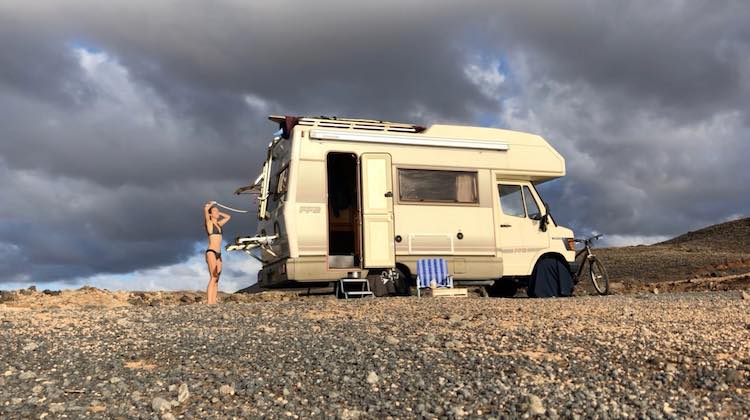
Oceanpreneurs on top of the wave
A plastic-free biodegradable ball of shampoo for travel The young oceanpreneur Benjamin Stern is developing a biodegradable, single-use shampoo bal. Nohbo drops are plant-based, made without the use of harsh chemicals and packaged with plant-based materials, making them 100% waste-free. A travel-friendly shampoo and high potential solution to the single-use shampoo sachets popular for travel, in hotels and Asia. Learn more.
Resources on the chemicals in Shampoo
- Get the facts on SafeCosmetics MarineSafe compiled a list of studies on cosmetics and the marine environment
- The GoodGuide is a resource for information about the impact of consumer products on human health. They have a scanning app too.
- Here’s another app
- The Environmental Working Group Skin Deep datambase provides research results, resources, and solutions on cosmetics and personal care products and their potential hazards and health concerns.
- The lifecycle of shampoo
To all you travelers, ocean nomads, and sailors. What biodegradable shampoo recommendations do you have? Which of these chemical free shampoo tips are you going to give a try?
As always, opinions are my own. No organisation or brand is paying me to write this or mention them. I only recommend chemical free shampoo brands from who I believe wholeheartedly in their commitment to creating zero waste and chemical free shampoo solutions. Sometimes links to eco-friendly alternatives to plastic contain affiliate links. If you’re looking to purchase one of these biodegradable shampoo recommendations, huge thanks if you purchase it via this website (but try to find it locally first! ). At no extra cost to you, orders and bookings through this website give me a tiny piece of the pie that help me keep investigating, exploring and creating content about on ocean action and solutions! Together we can turn the tide on plastic. Here are more ways to support ocean awareness and action. Splashthanks!


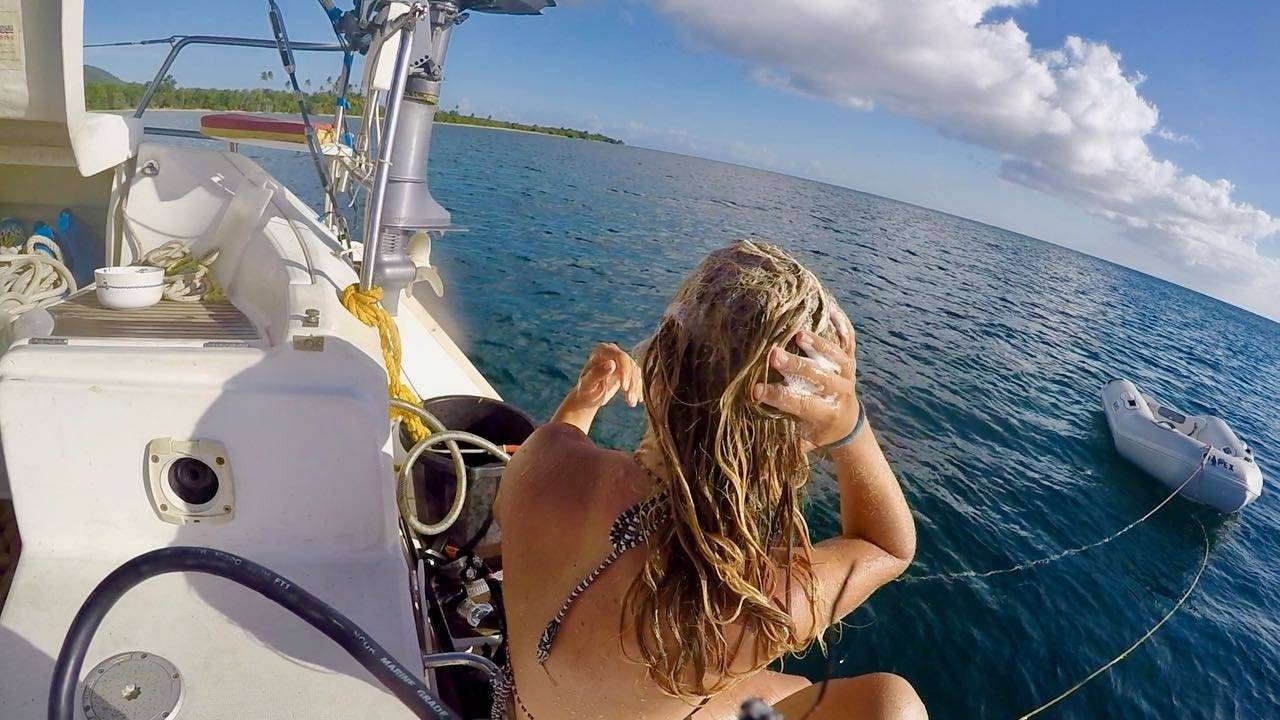



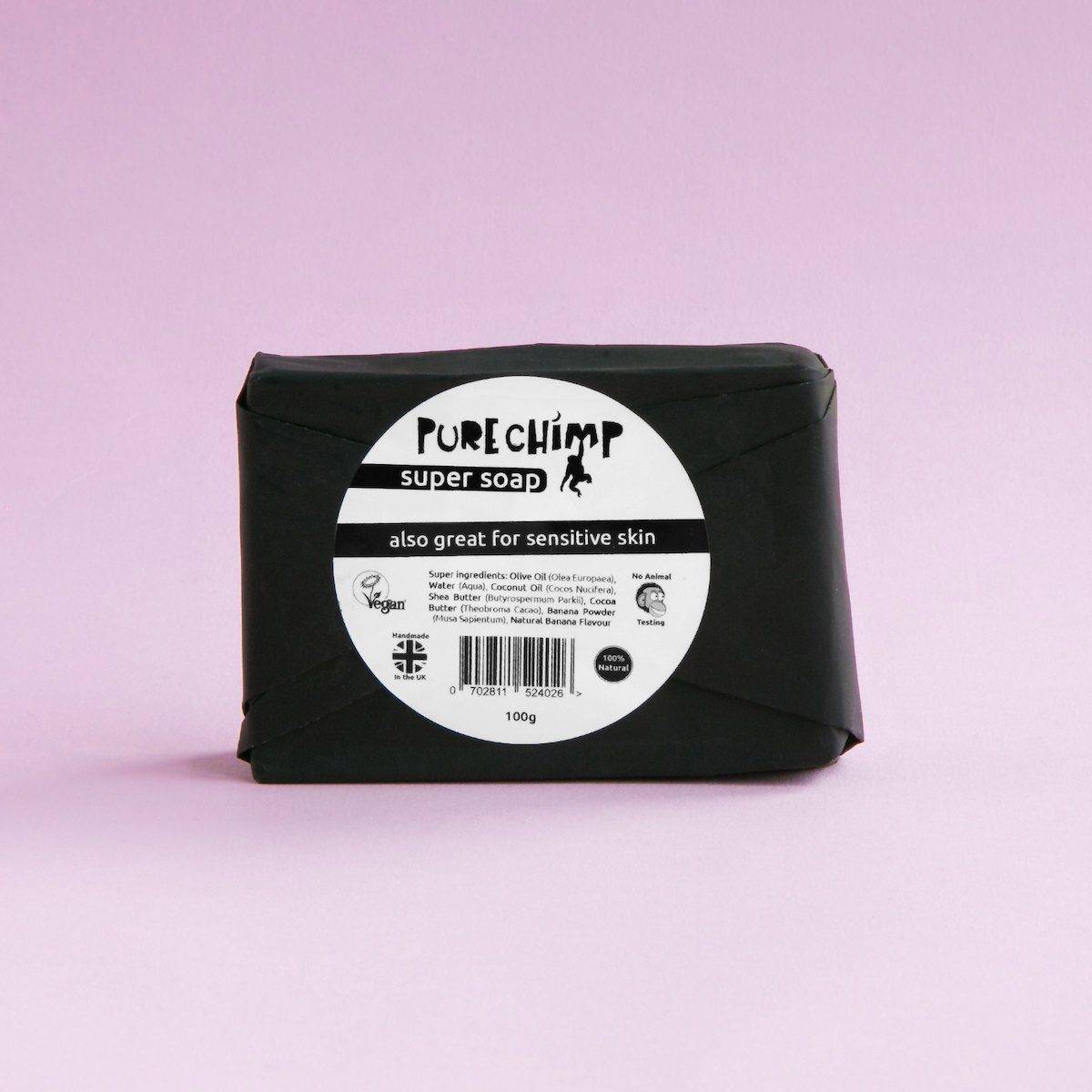







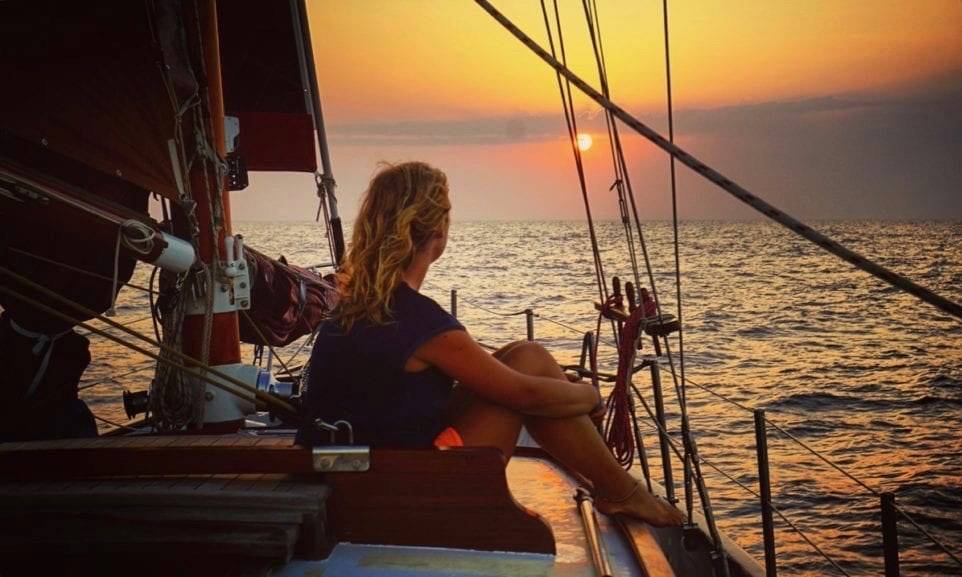






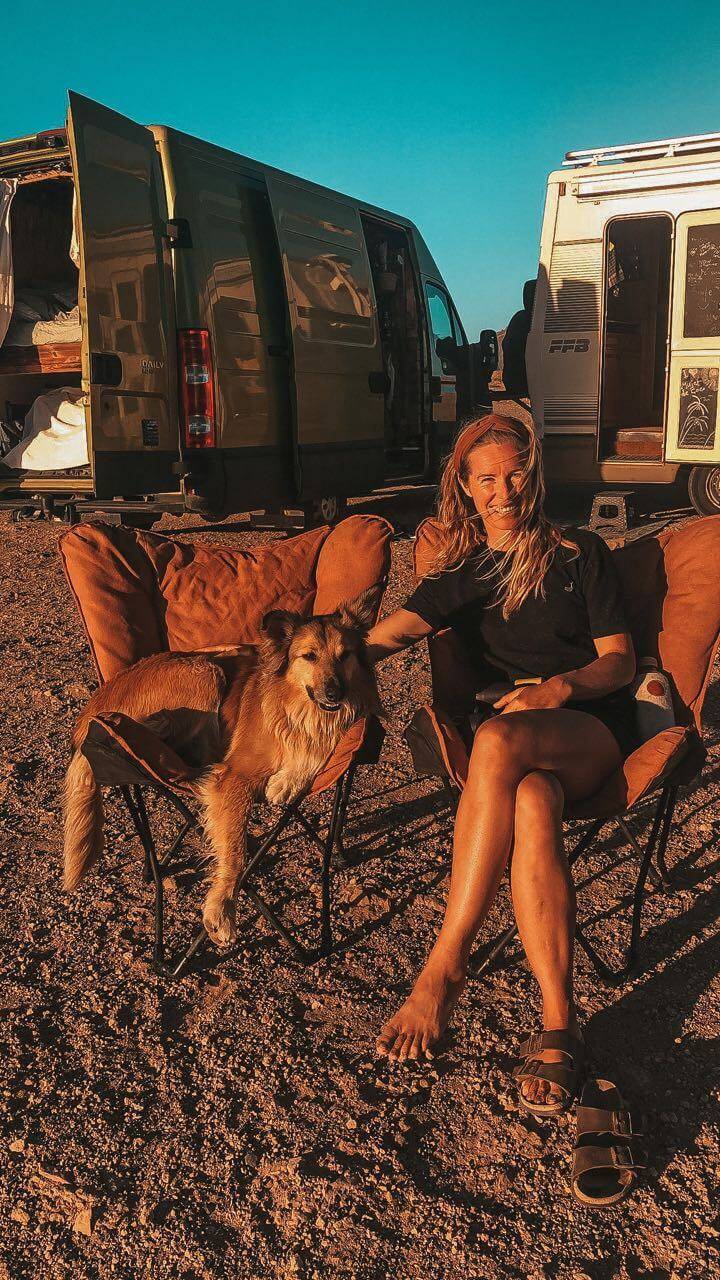
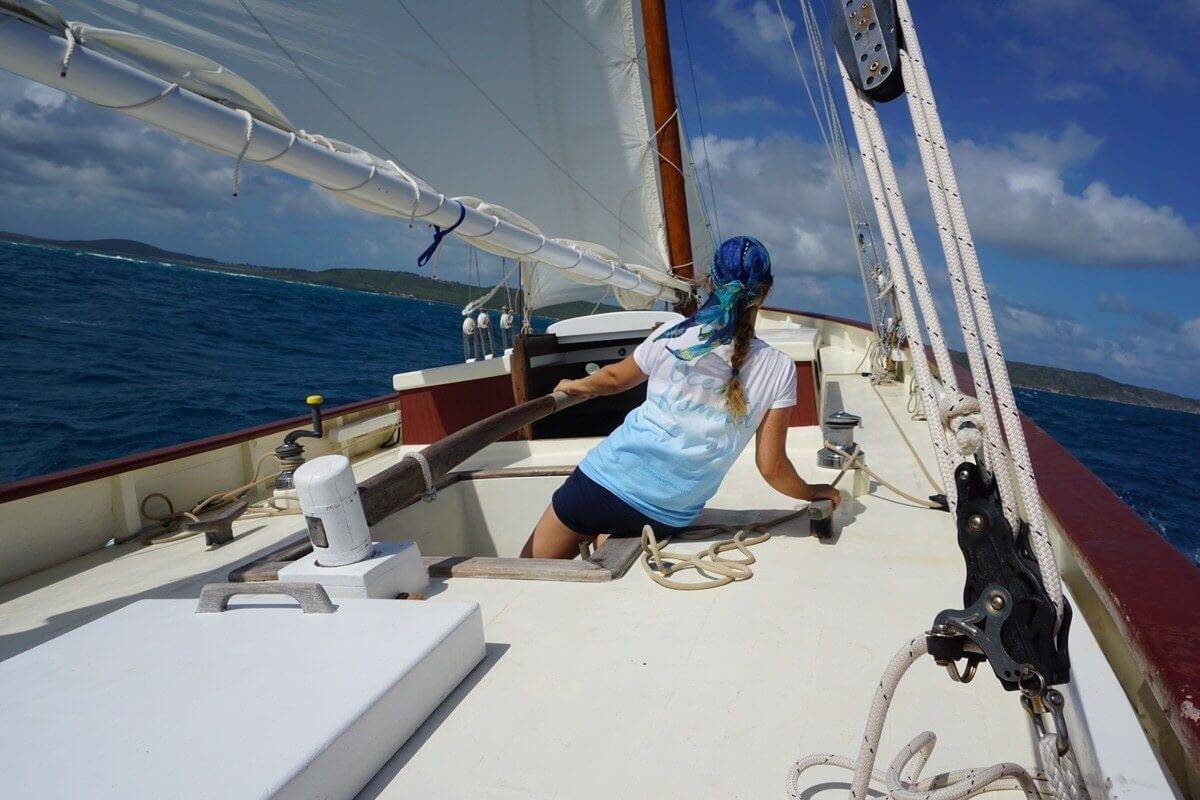





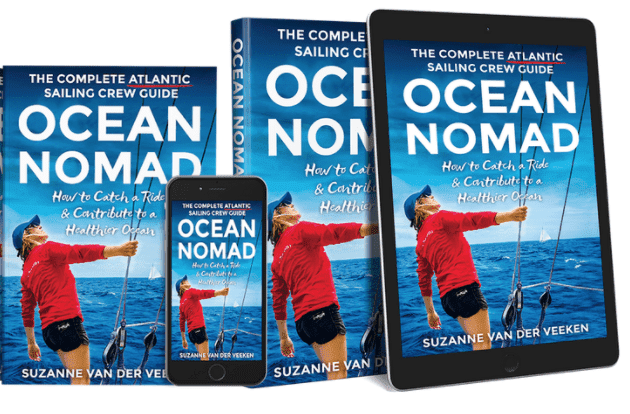

wow! sounds interesting !!!
i like the idea of zero waste travel shampoo and soap
THANKS AGAIN FOR THIS GREAT POST